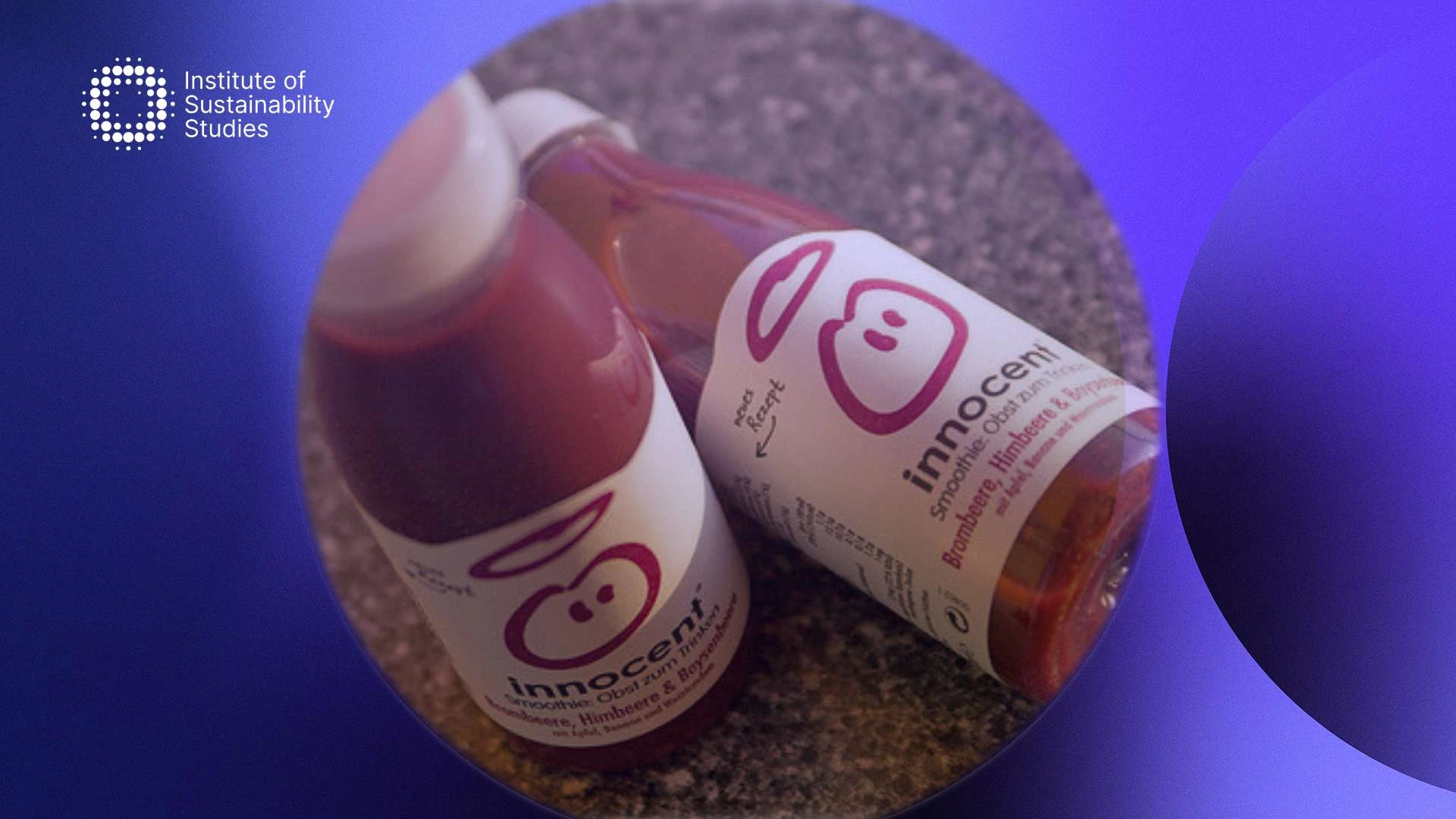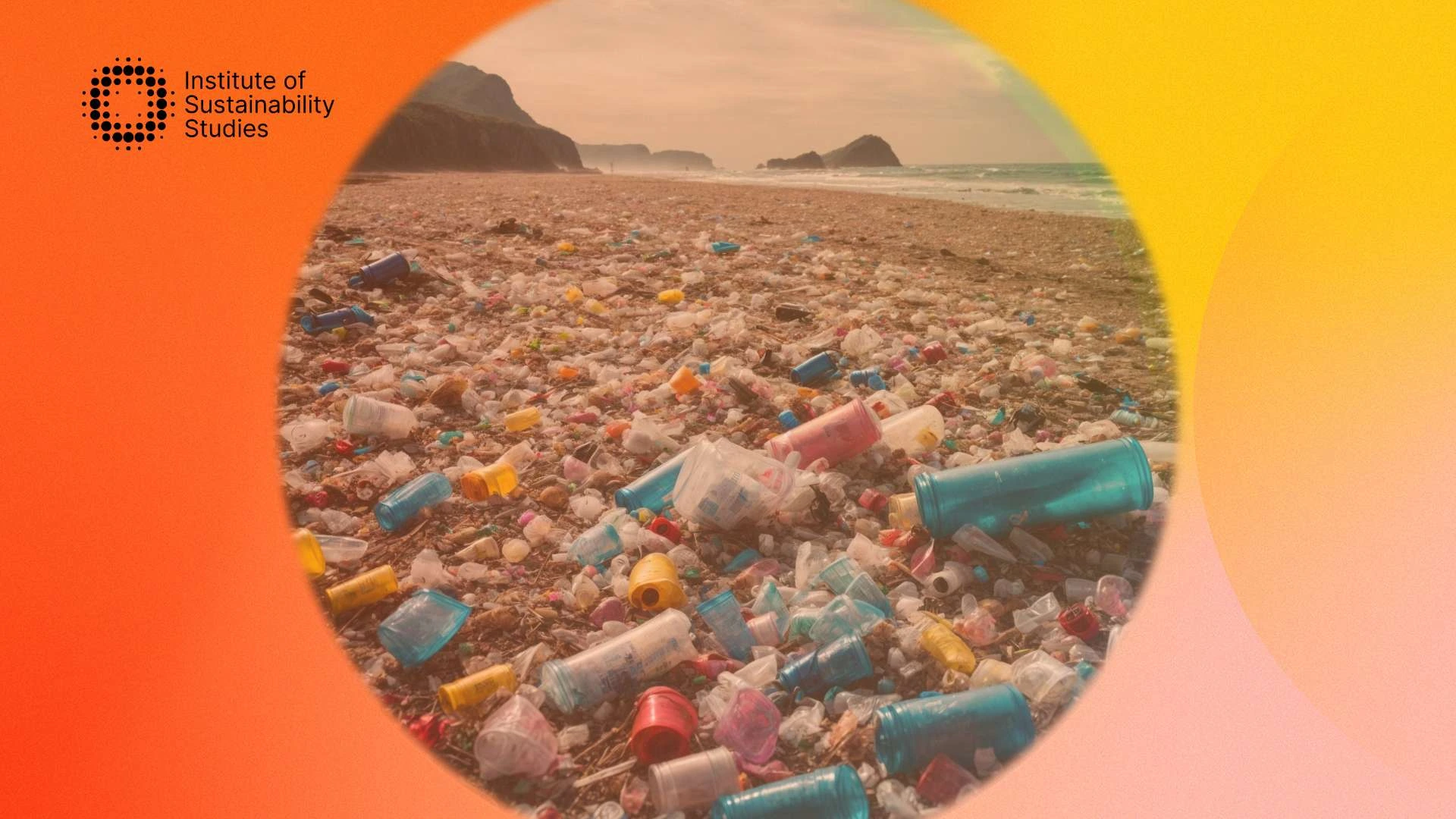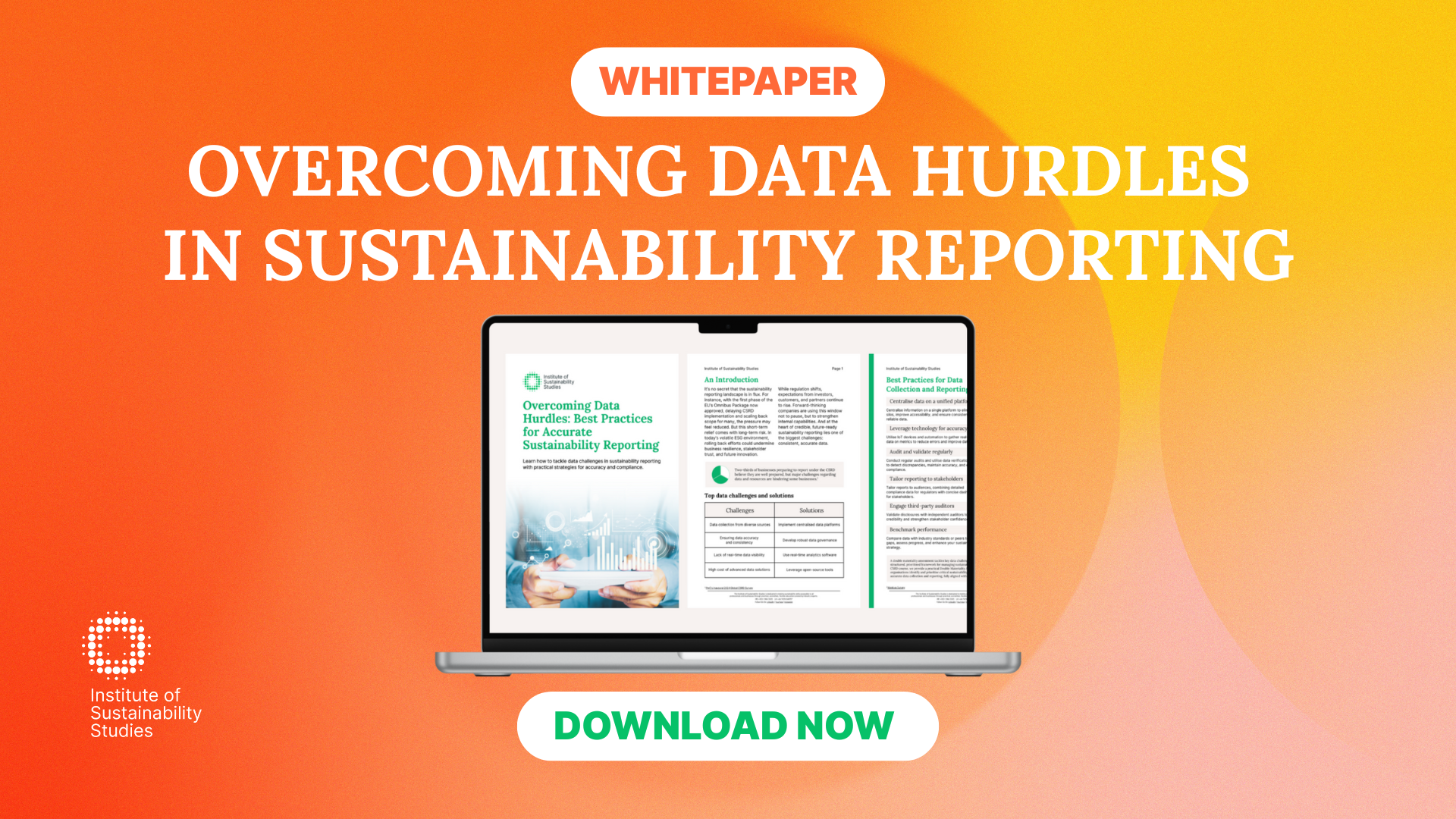Global luxury group Kering has unveiled a comprehensive new water-positive strategy, reinforcing its leadership in corporate sustainability with an ambitious target: to achieve a net water-positive impact by 2050. Announced shortly after Earth Day, the strategy represents a significant evolution in the Kering sustainability agenda, positioning water as a strategic resource at the intersection of climate and biodiversity.
With water scarcity now recognised as one of the most urgent global environmental risks, Kering’s new approach goes beyond traditional water efficiency. Instead, it aims to regenerate and replenish freshwater systems, focusing on ten high-risk water basins where the Group’s value chain has the greatest impact. These regions span across countries such as Italy, India, Peru, and South Africa, many of which are already facing acute water stress due to climate change, pollution, and overuse.
A science-based, holistic approach
This strategy builds on Kering’s earlier sustainability milestones, including its validated science-based targets for nature, announced in 2024 under the Science Based Targets Network (SBTN). These included goals to reduce freshwater usage and implement regenerative agricultural practices across nearly 700,000 hectares of land.
The Water-Positive Strategy links these existing commitments into a broader systems-based approach that recognises the climate–nature–water nexus—the idea that water scarcity, biodiversity loss, and climate change are deeply interconnected. By targeting multiple environmental goals simultaneously, Kering seeks to build greater resilience in its global supply chains, particularly in material-intensive sectors like leather, textiles, and tanning.
Achieve operational efficiency and cost savings through targeted sustainability training
Key components of the strategy
The new Kering sustainability plan is structured around three central programmes:
1. Water-positive raw materials: This programme aims to scale up the use of recycled, low-impact, and regenerative materials that ease pressure on local water systems. Materials such as recycled fibres or those produced through regenerative agriculture will play a central role in reducing both water consumption and pollution at the source.
2. Water-positive stewardship: Kering will collaborate with key suppliers to address shared water challenges, introducing more efficient processes and cleaner technologies. This includes using chrome-free tanning agents and other low-impact chemical processes to improve water quality in production-heavy regions.
3. Water resilience labs: The company will establish ten dedicated labs, one in each priority basin, by 2035. These labs will bring together local stakeholders, including other businesses, communities, and public bodies, to co-design and implement place-based solutions. The first lab is set to launch in the Arno basin in Tuscany, a region critical to Kering’s leather supply chain.
Marie-Claire Daveu, Kering’s Chief Sustainability and Institutional Affairs Officer, stressed the need for transformative water stewardship, stating: “It is crucial that water commitments evolve from a reductions-only approach to become water-positive, regenerating and replenishing water and ecosystems associated with all business activities.”
Conclusion – A clear business case for acting now
Kering’s latest sustainability move goes beyond water stewardship; it signals a strategic focus on long-term business resilience. By acting early, the company joins a growing group of brands treating sustainability as a competitive advantage. Its science-based, region-specific approach reflects the kind of rigour needed for credible leadership in an era of growing scrutiny.
More broadly, this reflects a shift in corporate thinking: environmental action is a strategic investment. As ecosystems strain and regulations tighten, businesses that lead on regeneration and systems thinking will be best placed to navigate disruption, protect supply chains, and maintain stakeholder trust. If you’re ready to make sustainability a value driver, build capability across your organisation with our corporate sustainability training.
Marek Wystepek is the Enterprise Sales Executive at the Institute of Sustainability Studies, bringing a wealth of experience in strategic growth, commercial sales, and enterprise partnerships.
With a consultative sales approach and a deep understanding of diverse markets across Ireland and the UK, Marek is passionate about helping businesses advance their sustainability education. His entrepreneurial mindset and proven track record in driving business success make him a key asset to the team.
- Marek Wystepekhttps://instituteofsustainabilitystudies.com/insights/author/marek/
- Marek Wystepekhttps://instituteofsustainabilitystudies.com/insights/author/marek/
- Marek Wystepekhttps://instituteofsustainabilitystudies.com/insights/author/marek/
- Marek Wystepekhttps://instituteofsustainabilitystudies.com/insights/author/marek/









